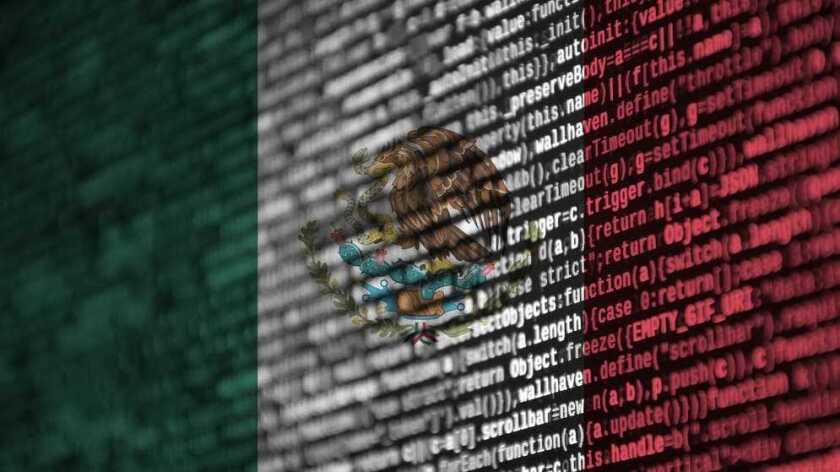As Capacity reported, the National Register of Mobile Telephone Users (PNUTM) it is on track to be introduced as an amendment to Mexico's federal telecommunications law. The bill was approved by the lower house in February and by the senate on 13 April, but at 54 votes in favour, 49 against and 10 abstentions in the latest hearing, the backing was far from unanimous.
The next step should be for President Andrés Manuel López Obrador to sign the bill into law, however, on Tuesday, a judge blocked the progression of the bill – the first legal hurdle faced by the registry – and that provisional measure could lead to a definitive suspension.
Judge Juan Pablo Gomez Fierro was quoted by local media as saying the registry does not "positively influence" the state's public security activities.
The registry is intended to tackle crime, particularly kidnap and extortion, which authorities have said is enabled by criminals being able to obtain mobile phone lines anonymously.
The counter argument is that it is an invasion of privacy that could lead to exploitation and inaccurate convictions. It is also a costly exercise for those tasked with collecting and storing the data, which would be available to law enforcement on request. Further, Lucas Gallitto, GSMA's public policy director for Latin America told Capacity it would create a significant digital divide in the country.
Gallitto said: "At the moment, there’s not a unique mandatory ID document for all Mexicans: obtaining the voter's credential is voluntary, so there is a large sector of the population that does not have it. The requirement to present identification as a condition for having a telephone line would marginalise all users who do not have one.
"It is also worth noticing that prepaid SIM cards are generally the most affordable option on the market, and therefore preferred by low-income populations. The registry could negatively affect the digital inclusion of these segments," he continued.
AT&T said in a statement to Reuters: "We believe that there are other more effective and less complex mechanisms to implement to combat (extortion calls), as well as technology that provides valuable tools to do so."





